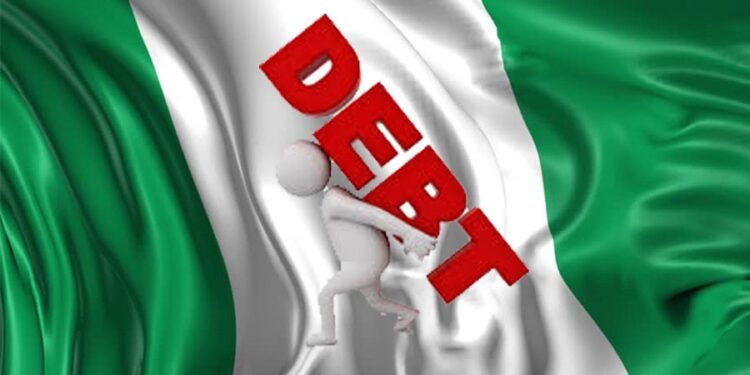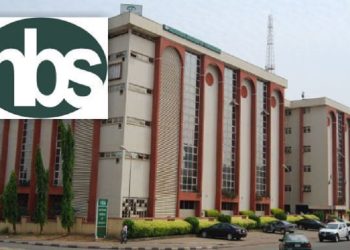Nigerian states have faced unprecedented fiscal pressures in the first half of 2024, with external debt servicing costs soaring by 122% compared to the same period in the previous year. According to data from the Federal Account Allocation Committee (FAAC), analyzed by the National Bureau of Statistics (NBS), states collectively spent N139.92 billion on external debt servicing in the first six months of 2024, up from N63.06 billion in the same period of 2023.
Rising Borrowing Costs Amid Currency Depreciation
The sharp increase in debt servicing costs reflects the broader economic challenges facing Nigerian states, particularly the steep depreciation of the naira. With the exchange rate volatility driving up borrowing costs, states have had to allocate significantly more of their budgets to meet their debt obligations. For instance, from January to March 2024, states’ monthly debt servicing costs escalated dramatically, peaking at N40.41 billion in March—a 309% increase compared to March 2023.
Kaduna and Lagos Lead in Debt Payments
Among the states, Kaduna and Lagos have been the most impacted, recording the highest external debt servicing expenses. Kaduna State’s debt servicing costs nearly tripled to N23.08 billion, while Lagos State, the country’s economic powerhouse, saw its debt servicing expenses rise by 92%, reaching N32.44 billion in the first half of 2024. Combined, these two states accounted for 40% of the total external debt servicing payments made by all states during this period.
Impact on State Finances and Public Services
The steep rise in debt servicing costs has put a strain on the finances of many states, threatening to divert resources away from essential public services. Cross River, Bauchi, Ogun, Oyo, and Rivers States also reported significant increases in their debt servicing expenses, highlighting a widespread fiscal challenge across the country. For example, Cross River’s debt servicing costs surged by 256%, while Ogun State saw a 173% increase.
Calls for Debt Relief Amid Fiscal Strain
The escalating debt burden has prompted some states to seek relief. Officials from Ekiti, Cross River, and Ogun States have raised concerns about the sustainability of their debt repayments, particularly in the face of severe foreign exchange volatility. These states have called for the suspension of multilateral loan repayments and other deductions to ease cash flow and ensure that funds are available for critical capital projects and social services.
Outlook and Concerns
As Nigerian states grapple with these mounting financial pressures, there is growing concern about the long-term implications for their fiscal health. The significant rise in external debt servicing costs could crowd out spending on vital sectors such as health and education, potentially exacerbating existing socio-economic challenges. While some states have managed to reduce their domestic debt levels, the overall increase in external debt servicing highlights the need for more sustainable debt management strategies to ensure financial stability.
This situation underscores the urgent need for federal and state governments to work together to address the underlying causes of rising debt costs, including currency depreciation and inefficient debt management practices, to safeguard the future of public services and economic development in Nigeria.











